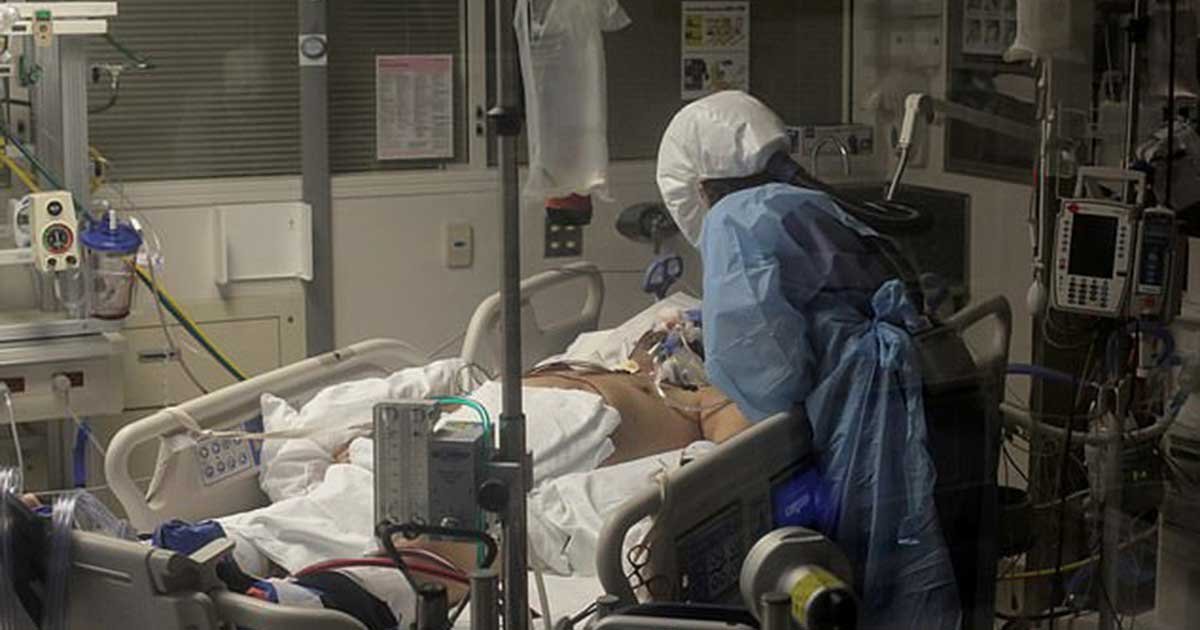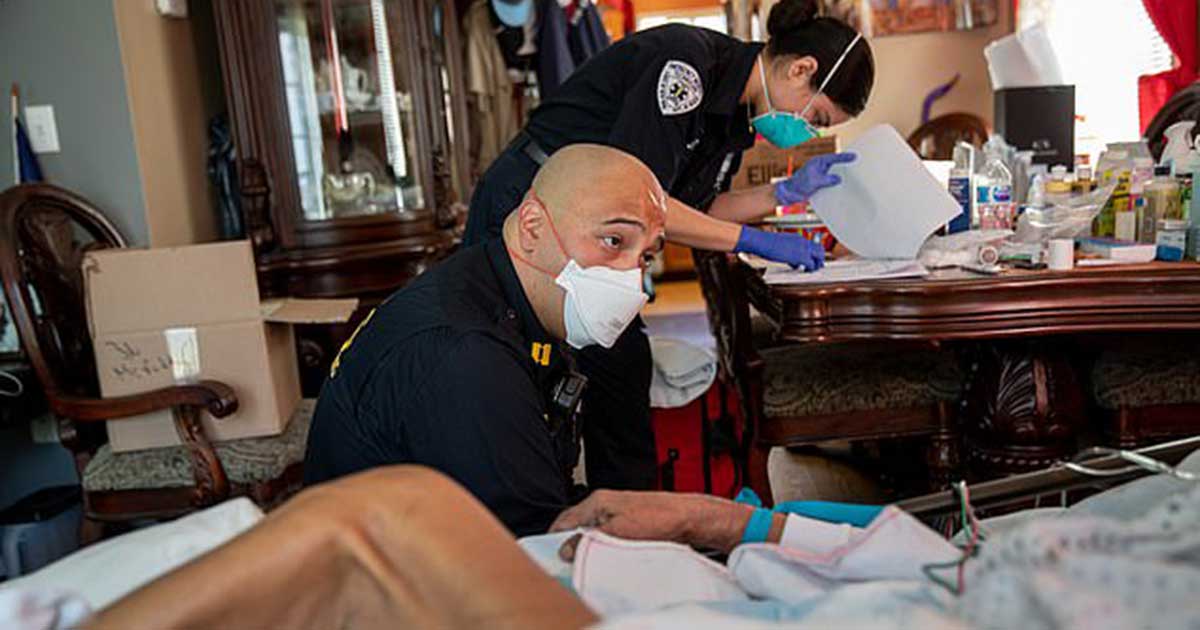As doctors across the globe observed how women COVID-19 patients prove to be more resilient to the dreaded disease, it made them wonder: Do hormones play a huge role in fighting of the coronavirus?
Two hospitals are now trying the hypothesis out, and started administering estrogen of progesterone to male patients to see if it helps boost their immunity, decrease inflammation and reduce the deadly effects of the disease.
The Renaissance School of Medicine at Stony Brook University in Long Island, New York will focus their studies on administering estrogen patch to see if it helps with the treatment of COVID-19.
Dr. Sharon Nachman, the associate dean for research at the Renaissance School and chief of division of pediatric infectious disease confirmed that they have enrolled their first participant last week, and hopes to have preliminary results in the next few months.
She remarked how their research is “totally out of the box, which is how good ideas often start.”
Stony Brook University’s estrogen trial is looking to have 110 patient recruits who show symptoms of coughing, fever or shortness of breath.
Meanwhile, Cedars-Sinai Medical Center in Los Angeles, California, will focus their research on the effect of introducing progesterone to the patient’s body.
Pulmonologist and intensive care physician and principal investigator Dr. Sara Ghandehari said that 75% of the hospital’s intensive care patients are men.
“There’s a striking difference between the number of men and women in the intensive care unit, and men are clearly doing worse,” she points out.
She also notes how pregnant women, who are usually immunocompromised tend to have mild courses of the disease, and they have high levels of estrogen and progesterone.
Ghandehari said, “So something about being a woman is protective, and something about pregnancy is protective, and that makes us think about hormones.”






